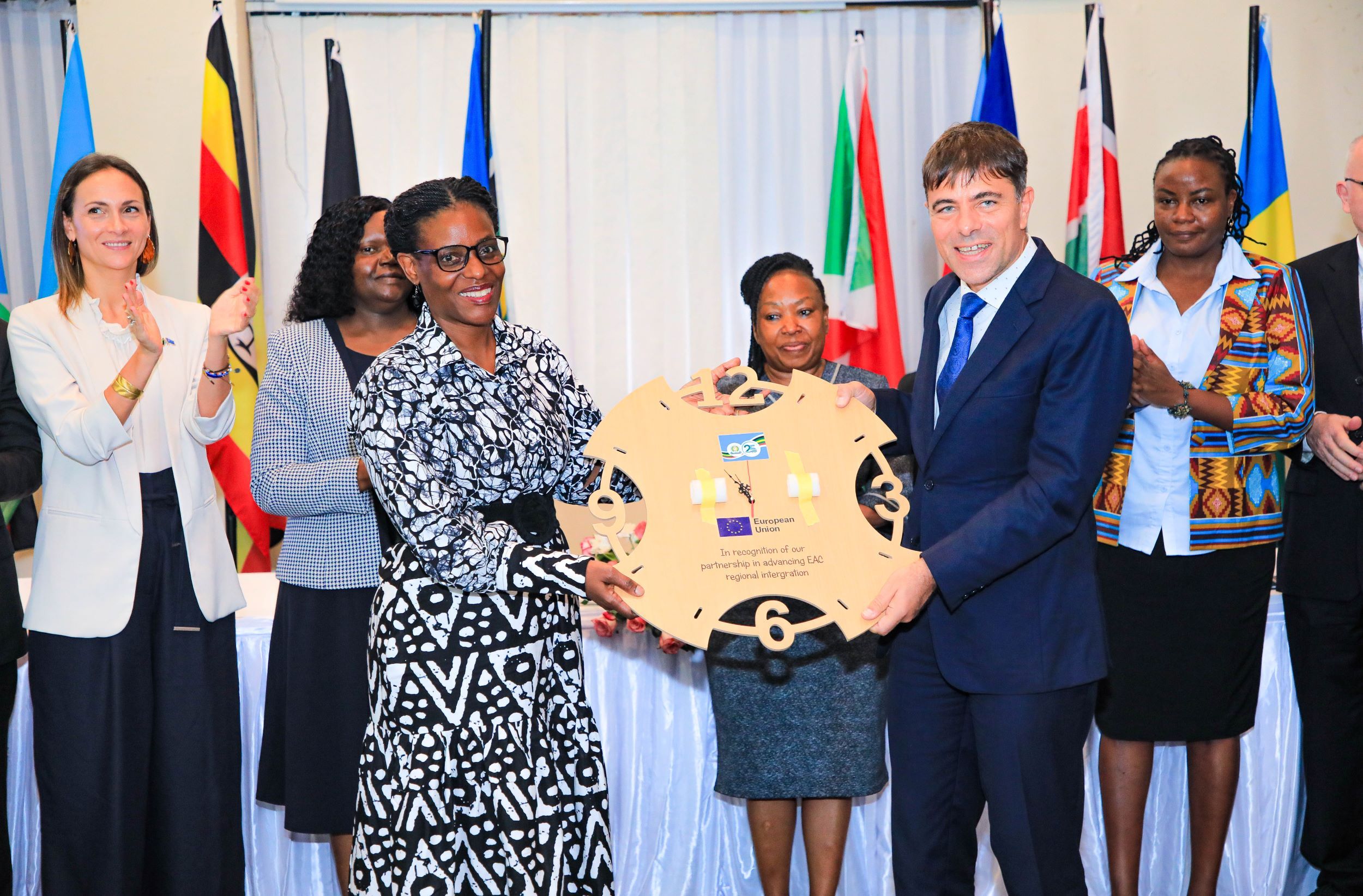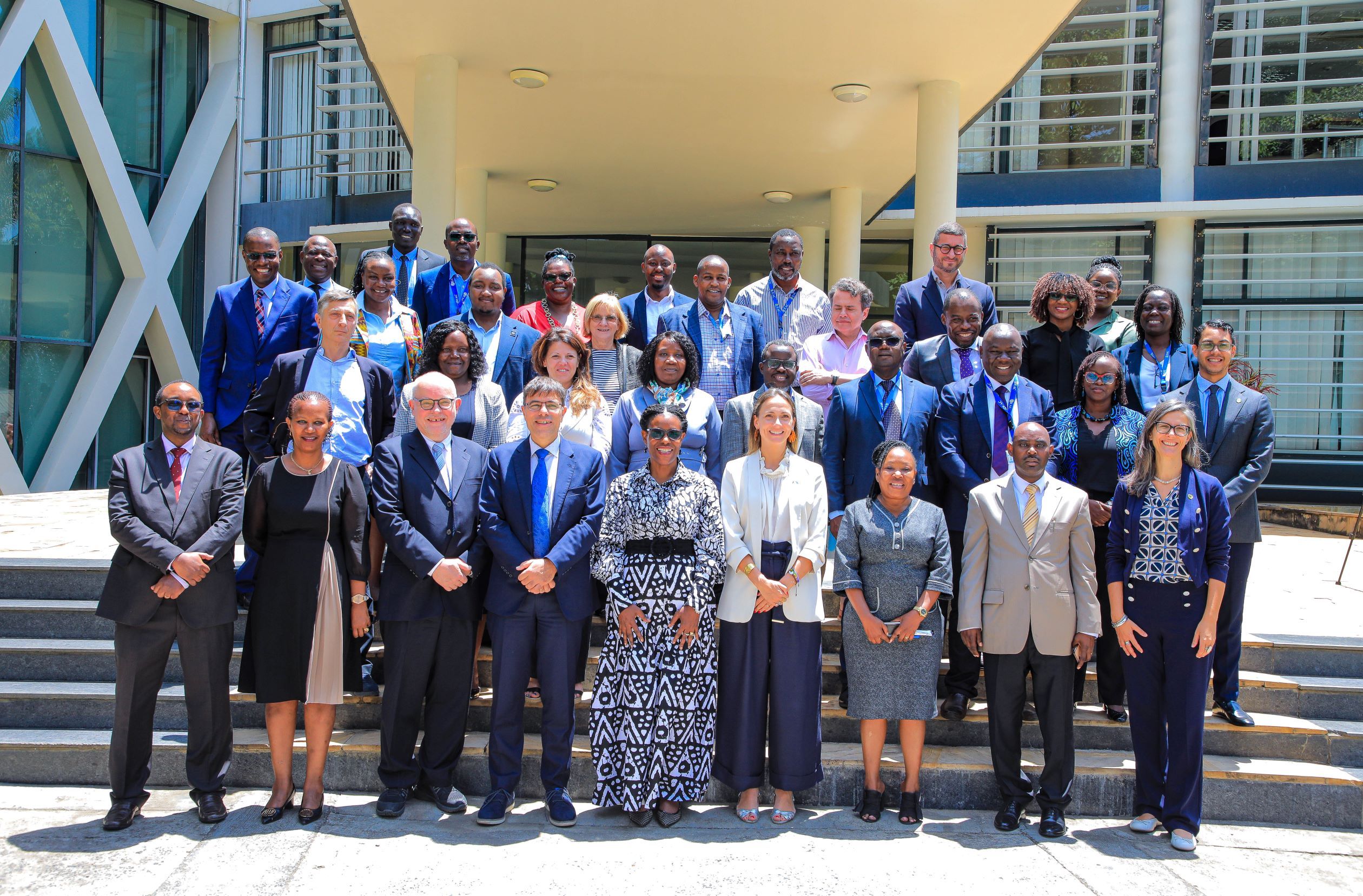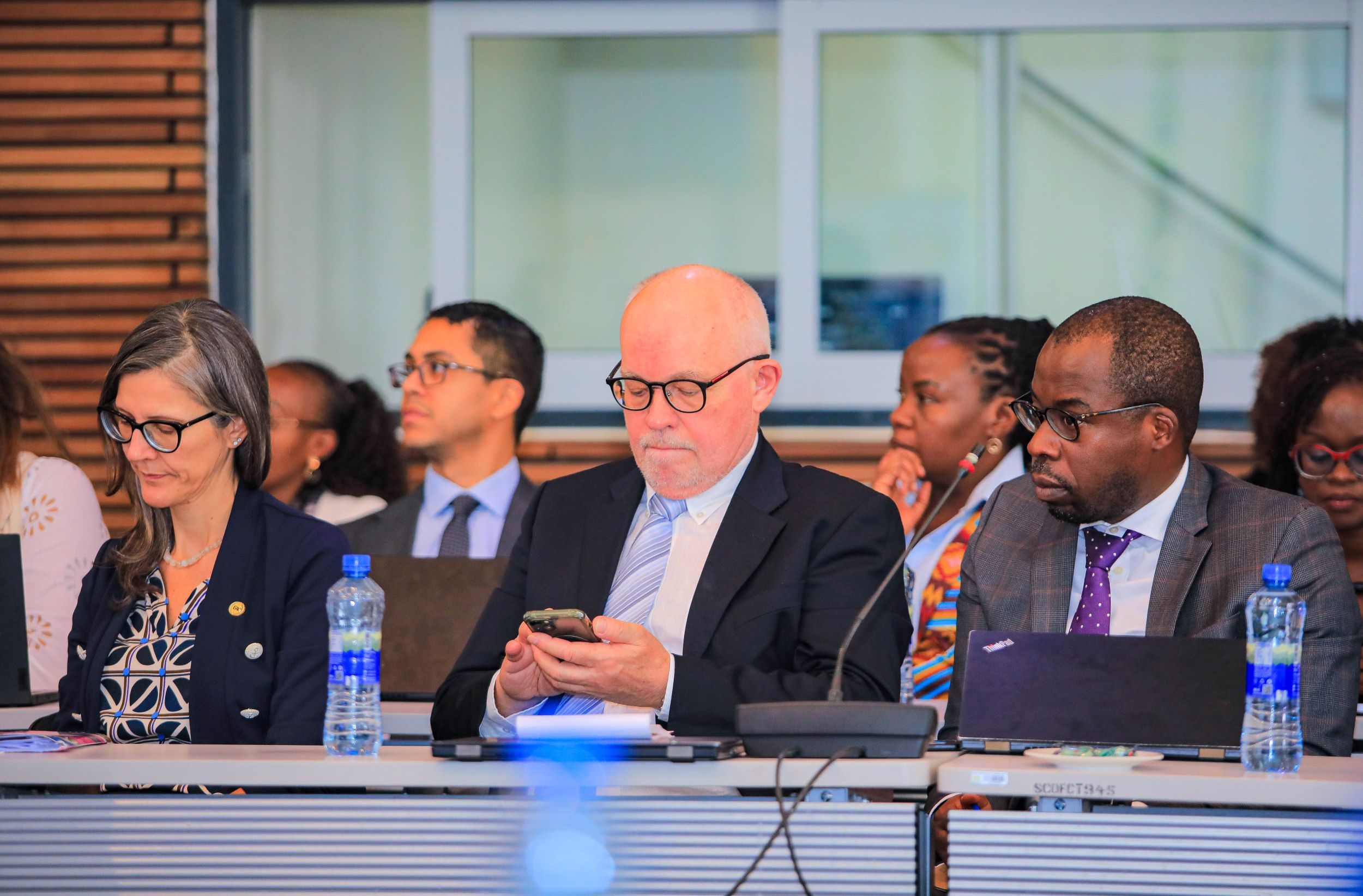On 6th February 2025, the European Union (EU) and the East African Community (EAC) launched three key projects designed to strengthen regional integration, enhance trade and foster inclusive economic growth.
The projects will support the EAC’s efforts to liberalize services, enforce competition policies, and improve institutional capacity, with a strong focus on empowering women and youth. With a total EU contribution of EUR 8 million, these three projects will significantly enhance economic regional integration and facilitate cross-border trade within the EAC.
The first project, Leveraging Integration Frameworks for Trade in Services and Civil Society Organizations (LIFTED) which is co-finance by the German Federal Ministry for Economic Cooperation and Development (BMZ) and implemented by GIZ, will tackle barriers to trade in services by streamlining tourism regulations and advancing the mutual recognition of academic and professional qualifications across the region. LIFTED will also enhance civil society engagement in the economic integration process, ensuring that youth and women play an active role in shaping the region’s future.
“The EU has a longstanding and valued partnership with the EAC, built on shared goals of economic integration and sustainable growth,” said Christine Grau, EU Ambassador to Tanzania and the EAC. “These projects reinforce our commitment to this collaboration and will contribute to a more competitive and inclusive regional economy,” she added.
Complementing LIFTED, a second project will strengthen the EAC Competition Authority (EACCA) by improving the enforcement of competition laws, harmonizing regulations, and building institutional capacity. Through targeted technical assistance, this project will enhance the skills of EAC judges, EACCA commissioners, and other key stakeholders, ensuring a fair and competitive business environment across the region.
The third project, EU-EAC Technical Assistance, will bolster the capacity of the EAC Organs and Institution to effectively manage projects and improve public finance governance. Strengthening institutional frameworks and aligning with international best practices, this project will enhance the EAC’s ability to oversee development programs and manage resources efficiently.
Speaking on behalf of the EAC Secretary General, Hon. Veronica Nduva, Ms. Annette Ssemuwemba, the EAC Deputy Secretary General in charge of Customs, Trade, and Monetary Affairs, expressed gratitude to the EU for its longstanding partnership.
She commended the EU for expanding its support to EAC Organs and Institutions, particularly the East African Community Competition Authority (EACCA).
“This expanded support will enhance the Authority’s capacity to effectively carry out its mandate and promote fair competition, ultimately providing consumers with greater choice and lower costs for goods and services,” she remarked.
Ms. Ssemuwemba also shared that the EAC is in the process of developing the 7th EAC Development Strategy, which will focus on key priorities such as regional infrastructure development, boosting agricultural productivity, industrialization, sustainable natural resource management, and promoting peace and security across the EAC Partner States.
Further, she highlighted the upcoming Development Partners Forum, which will focus on strengthening cooperation to support integration initiatives and enhance the effective use of resources.
The three projects align with the EU’s broader strategy to support regional integration through the African Continental Free Trade Area (AfCFTA) and the Team Europe Initiative, and will serve to advance the shared vision of the EU and EAC for a stronger, more integrated, and resilient East African region.
The launch event, held on the sidelines of the annual EU-EAC cooperation portfolio review, which assesses the implementation progress, challenges, and opportunities across various regional programs funded by the EU, brought together high-level officials from the EU and EAC, EU implementing partners, representatives from the private sector, and civil society organizations.
Find more information on the LIFTED project here


